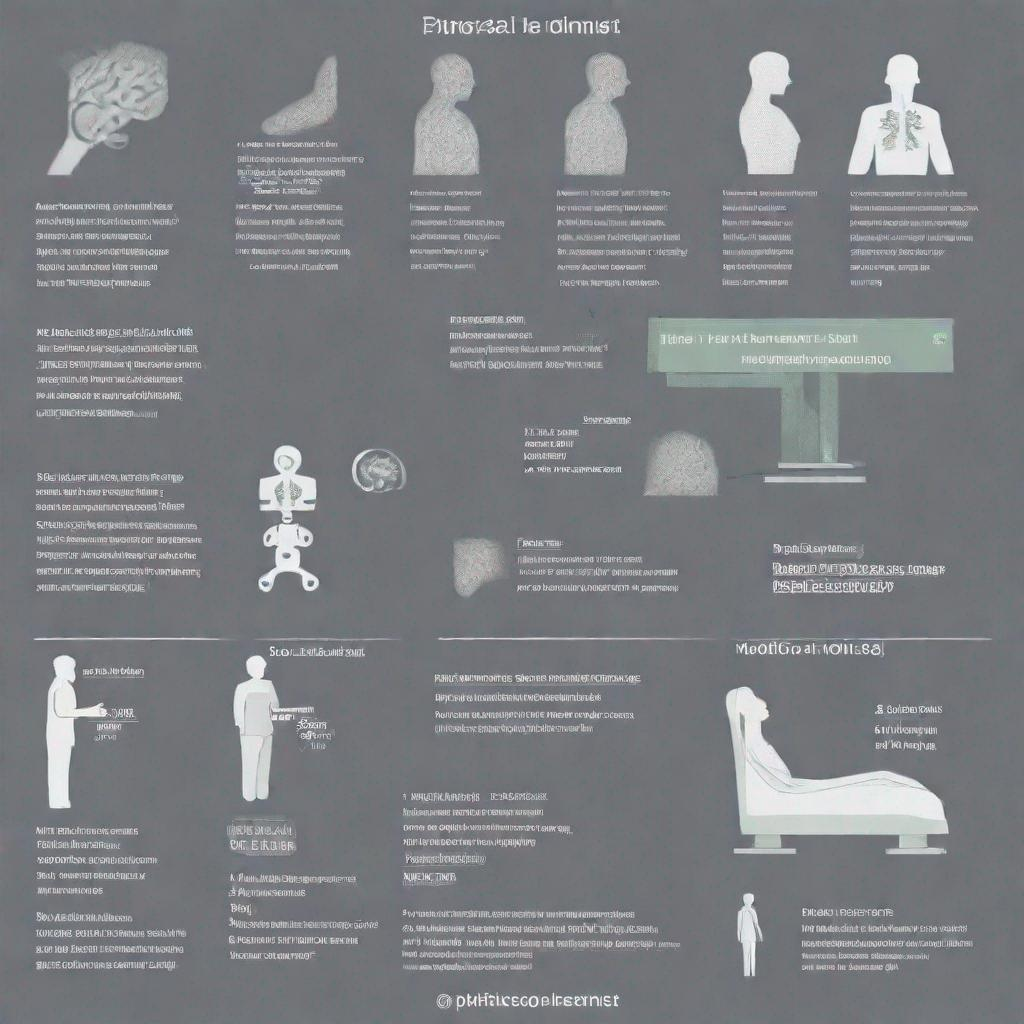## What is a Psychiatric Assessment?
A **Psychiatric Assessment** is a comprehensive evaluation that assesses an individual’s mental health and overall functioning. It helps identify underlying psychological or psychiatric conditions that may be impacting their well-being.
### Procedure
A **Psychiatric Assessment** typically involves:
* **Clinical Interview:** A detailed discussion of the patient’s current symptoms, medical history, and personal and social circumstances.
* **Mental Status Examination:** An evaluation of the patient’s cognitive abilities, such as attention, memory, and reasoning, as well as their mood, affect, and behavior.
* **Psychological Testing:** Standardized psychological tests may be used to assess cognitive abilities, personality traits, and psychopathology.
* **Risk Assessment:** An assessment of the patient’s risk of harming themselves or others.
### Diagnosis
A **Psychiatric Assessment** can help diagnose conditions such as:
– Anxiety disorders
– Bipolar disorder
– Depression
– Eating disorders
– Personality disorders
– Psychotic disorders (e.g., schizophrenia)
### Importance
**Psychiatric Assessments** are essential for:
– Diagnosing and treating mental health conditions
– Developing appropriate treatment plans
– Monitoring progress and evaluating response to treatment
– Assessing risk of harm to self or others
### Alternatives
Alternative tests that may be used include:
– Cognitive assessment
– Neuropsychological testing
– Personality assessment
### Preparation
Before a **Psychiatric Assessment**, it’s helpful to:
– Gather relevant medical records and insurance information
– Prepare a list of current symptoms and concerns
– Bring a list of medications you’re taking
### Duration
An **Psychiatric Assessment** typically lasts 1-2 hours, although it can vary depending on the complexity of the case. Results are usually available within a few days.
### Recommendations
Following a **Psychiatric Assessment**, the psychiatrist may recommend:
– **Psychotherapy:** Therapy to address underlying emotional and psychological issues
– **Psychiatric Medications:** Medications to manage symptoms and improve overall functioning
– **Lifestyle Changes:** Recommendations for healthy lifestyle practices that can support mental well-being
– **Follow-up Appointments:** Regular appointments to monitor progress and adjust treatment as needed


